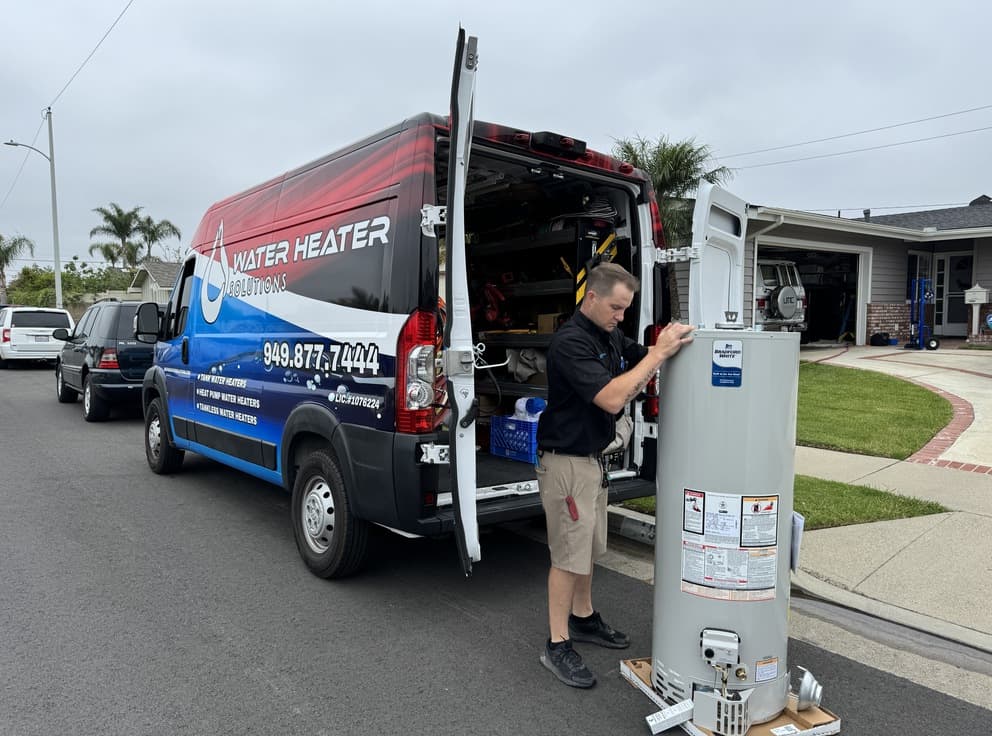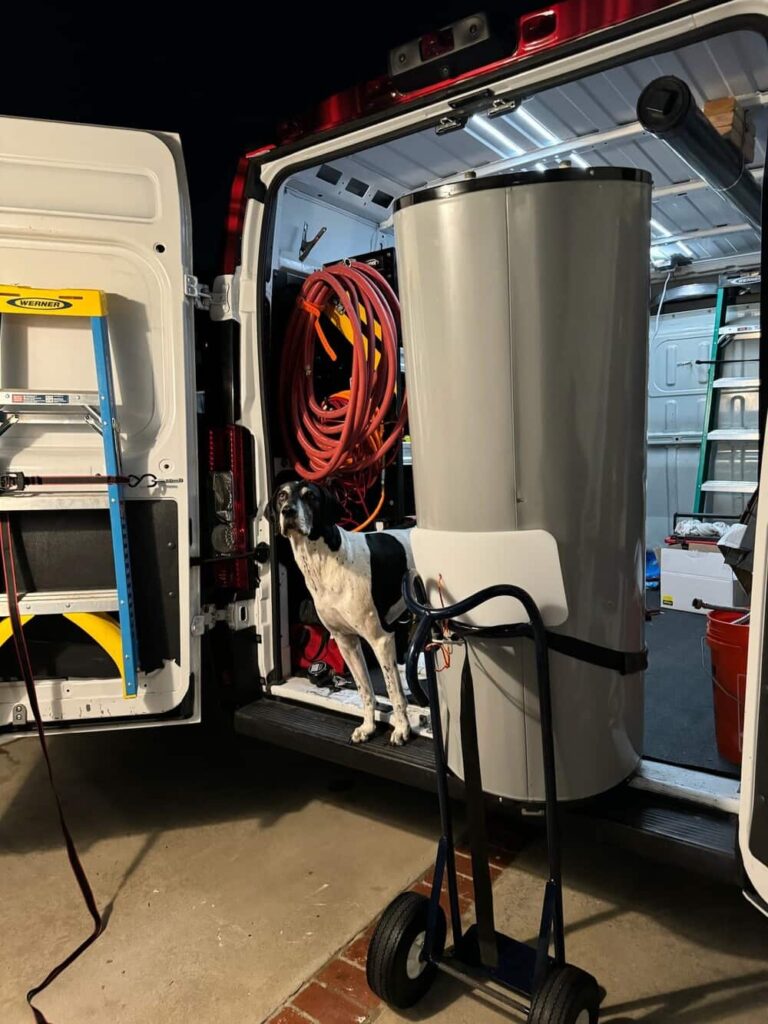
Nothing can be more frustrating than a blast of chilly water from a hot shower in winter. It’s more than simply inconvenient; it’s a warning sign that your water heater is about to fail. This situation poses an essential question for all homeowners: how long does a water heater last? In this detailed guide, we’ll look at the lifespan of heating units, the elements that influence their durability, and when to consider a complete replacement.
What is Water Heater Life Cycles
Generally, the lifespan of a conventional water heater is 8 to 12 years. However, this is not guaranteed. Several factors influence how long your unit can properly produce hot water. From the model and maintenance to the water quality in your location, every element contributes to the overall lifetime of your unit.
Key Factors Influencing Water Heater Durability
Routine Maintenance: Regular maintenance is the foundation for water heater durability. It involves yearly checkups where a professional flushes the tank to remove sediment, checks for leaks, and inspects critical components such as the heating element and thermostat. This preventive maintenance not only helps avoid common problems but also extends the life of your heater beyond its expected years, making it an excellent investment in home efficiency.
The Hard Water Hurdle: Hard water, with its high calcium and magnesium concentration, presents a substantial difficulty for water heaters. These minerals can deposit a thick layer of silt at the bottom of the tank, isolating the water from the heater’s burner or element. This compels the unit to use more energy to heat the water, raising operating stress and accelerating system wear. Water softeners and occasional tank cleansing can help to alleviate these impacts and extend the unit’s useful life.
Professional Installation: The lifespan of a water heater is heavily dependent on its original installation. A water heater that is meticulously installed, following all local construction laws and manufacturer’s specifications, is primed for success. Proper water heater installation ensures that it performs optimally, lowering the risk of malfunction and premature wear. Using the skills of experienced professionals for installation can result in more efficient performance and a longer life for your water heating system.
Model and Make: The durability of a water heater is also determined by its kind and brand. Tankless water heaters, for example, are known for their durability. Unlike typical tank versions, tankless systems heat water on demand, eliminating the stress and corrosion involved with maintaining a hot water reservoir. As a consequence, with regular maintenance, a tankless unit may function efficiently for up to 20 years or more, offering a dependable and cost-effective solution for your hot water requirements.
Decoding the Signs of Water Heater Failure
- Inconsistent Water Temperature: If the temperature in your shower swings unexpectedly, it may be time to inspect your heater.
- Unusual Noises: Sediment accumulation in the tank might generate banging or rumbling sounds.
- Visible Leaks: Water surrounding the heater indicates structural collapse.
- Rusty Water: If your hot taps produce rusty water, the inside of your tank is most likely corroding, indicating that water heater replacement is approaching.

Proactive Maintenance: Keeping the Heat Alive
Regular maintenance not only increases the life of your water heater but also ensures that it operates effectively. Annual inspections by an expert can help identify problems before they cause a breakdown. Flushing the tank, testing the temperature-pressure relief valve, and inspecting the anode rod (which guards against corrosion) are critical.
The Right Time for a Water Heater Replacement
Understanding when to repair or replace your water heater will help you save money and avoid interruptions in hot water delivery. Indications for replacement include:
- The age of the unit exceeds ten years.
- Frequent breakdowns.
- Increased energy expenses due to inefficiency.
How to Select Your Next Water Heater?
When it comes time for hot water heater replacement, selecting the appropriate one is crucial. Consider the following aspects:
- Fuel Type: These include electric, gas, and solar. Each offers unique benefits and installation needs.
- Size and Capacity: Choose a model that matches your family’s water use.
- Efficiency Ratings: High-efficiency versions can greatly cut energy expenses.
Conclusion: The Final Warmth
After our in-depth examination of water heater lifespans, it’s clear that a proactive approach, regular maintenance, and prompt water heater replacement are critical to ensuring a consistent supply of hot water. Staying ahead of maintenance and knowing when to call it quits on an outdated unit may result in substantial savings and ease.
Looking to upgrade or fix problems with your present water heater? Water Heater Solutions is your go-to source for professional installations and consultation. Don’t wait for the chilly shock of a broken heater. Visit Water Heater Solutions today to get trusted solutions and services. Call today to ensure comfort for years to come. We also replace the water heater with minimum disruption to your home’s integrity.





